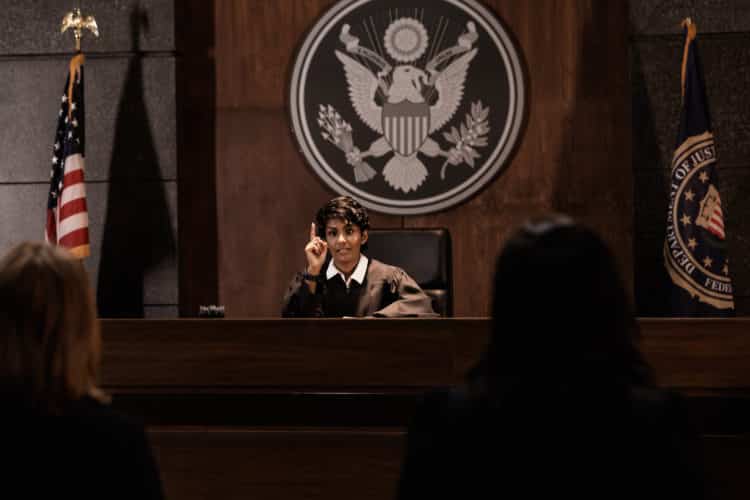
Navigating the Complexity of Family Law Appeals
For legal professionals and individuals involved in the judicial process, family law appeals can present a unique set of challenges. These cases entail intense emotions […]
Read More
How is an Appellate Lawyer Different From a Trial Lawyer?
Are you considering appealing an unfavorable verdict in a criminal case, civil case, or family law matter? You still have the option to get justice—but […]
Read More
Can an Appellate Court’s Decision be Appealed?
Courts make errors. Whether you are navigating a criminal case, a civil case, or a family law dispute, there is no certainty that the trial […]
Read More
How Do Trial Courts and Appellate Courts Differ?
Courts make mistakes. If you were on the wrong end of an incorrect decision by a trial court, you may have the right to take […]
Read More
Can You Present New Evidence in a Court Appeal?
Are you preparing to appeal an adverse verdict in a criminal case or a civil case? If so, it is imperative that you have a […]
Read MoreThe Appellate Approach
If you appeal a guilty verdict in a criminal case, the court does not always let you go free. You need a criminal appeals lawyer to request a stay on appeal. Your lawyer can request this stay at your sentencing hearing. This way you will not have to stay behind bars while the appeal is going on. Your lawyer will also try to overturn the wrongful conviction.